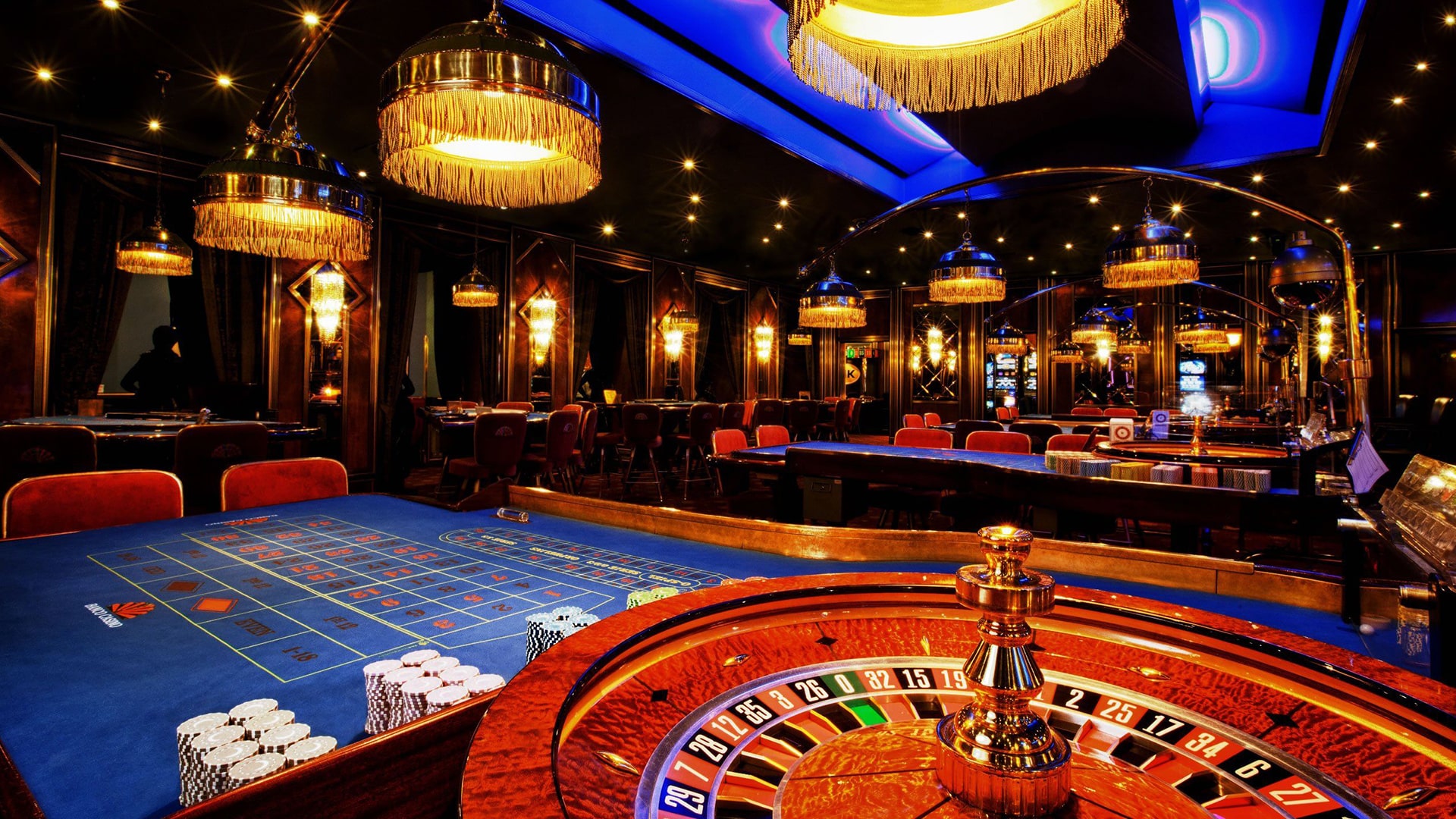When we think of gambling games, the initial pictures that often come to mind are those of rotating roulette devices, card chips clinking on felt tables, and cubes flying across a betting area. While many view these activities as mere hobbies fueled by luck, a deeper exploration reveals a fascinating blend of strategy, skill, and community interaction that elevates them well beyond basic luck. Whether you are a seasoned player or a inquisitive newcomer, grasping the subtleties of these games can significantly enhance your experience and understanding.
Casino games have evolved over hundreds of years, with different cultures contributing to their rich histories and different forms. From the intricate strategies of blackjack to the deception methods in poker, players engage in a contest of intellect as much as a risk on numbers. This dynamic interplay between chance and expertise creates a exciting atmosphere that draws millions to gambling establishments worldwide. As we explore the world of card games, we will reveal the methods that can shift the odds in your favor and the community elements that make these activities a favored choice for leisure and engagement.
The Strategy Behind Table Gaming

Table games frequently involve a mix of skill and chance, which makes them fascinating for players who enjoy a test. Every game has its own set of rules and strategies that can influence the outcome. For example, in titles like 21, participants are required to use strategies like card counting and understanding the probabilities to make informed decisions. This skill set can greatly improve the winning potential, distinguishing seasoned players from novices who may depend entirely on luck.
In contrast, games such as roulette may seem to be entirely based on chance, but tactical thinking can also come into play. Participants can choose between different wagering strategies, such as the Martingale strategy, where they raise their bets after losses. This method can establish a more methodical approach to the game. Understanding the odds of specific bets can also assist participants make smarter decisions on the roulette table, showcasing that even games of chance, strategy can enhance the experience.
Additionally, poker stands out as a game that strongly focuses on strategy. In contrast to most casino games, the game of poker combines skill, psychology, and chance. Players must not only focus on the hands they are given but also consider their rivals’ behavior and wagering patterns. Mastering principles like position, the odds of the pot, and interpreting bluffing is essential for success. This complexity of strategy in the game of poker often creates to a more engaging experience for players, where the choices and abilities significantly affect the game’s results.
Understanding Likelihood and Ratios
In the domain of casino games, likelihood and odds play a crucial role in determining a player’s possible results. Every game has its own collection of guidelines that dictate how the probability of winning or losing is measured. For example, in games like 21, participants have a chance to influence their odds through tactics, whereas in games like roulette, the outcomes are entirely dictated by luck. Grasping how these probabilities are calculated can significantly affect how a gambler deals with the match.
Ratios are typically presented in two formats: fractional and decimal. Ratio ratios indicate the proportion of the sum won to the amount staked, whereas numeric odds show the total payout for a successful bet, which includes the stake. For instance, if a game has odds of 5 to 1, this implies that for every one unit staked, a player could gain five dollars if they win. Understanding how to understand these odds allows gamblers to assess their potential earnings and formulate more educated decisions during gameplay.
Players should also be aware of the house edge, which is the casino’s built-in benefit over the gamblers. Each match has a distinct house edge, and grasping this idea is essential for controlling one’s expectations and bankroll. Games with a reduced house edge, such as 21 and chemin de fer, typically offer superior odds for gamblers compared to activities like slots and keno. By understanding the connection between chance, ratios, and the house edge, gamblers can enhance their gambling experience and plan more effectively. shbet
The Social Aspect of Table Gaming
Casino games at casinos are often seen as a center of social interaction, drawing players together in a shared experience that extends far beyond the mere act of playing games. The atmosphere at a poker table can be vibrant, with players engaging not only with the game itself but also with each other. Joy, excitement, and, sometimes, playful teasing create connections that improve the overall enjoyment of the gaming experience. This communal aspect can turn a solitary endeavor into a lively social event, making casino games particularly appealing.
One of the intriguing elements of table gaming is the way it fosters friendship among participants. Whether it’s teaming up to defeat the dealer at a craps table or sharing stories between hands in a poker game, the environment encourages interaction. Participants often share tips or strategies, creating a sense of community that boosts the fun. This social dynamic can make new gamblers feel included and less daunted by the competitive nature of casino games. As the game continues, friendships may form, leading to a sense of belonging that keeps players returning to the table.
Moreover, the social aspect of table gaming extends outside just the players. Dealers play a crucial role in facilitating interaction and maintaining the flow of the game. Their ability to engage players with warm dialogue and their expertise in running the table can create an welcoming atmosphere. This relationship between participants and staff adds another layer of enjoyment, where players feel bonded not only to each other but also to the staff. Such interactions are often what make the experience memorable, as players leave with tales to tell and relationships made, reinforcing the notion that gaming at tables are truly about more than just chance.